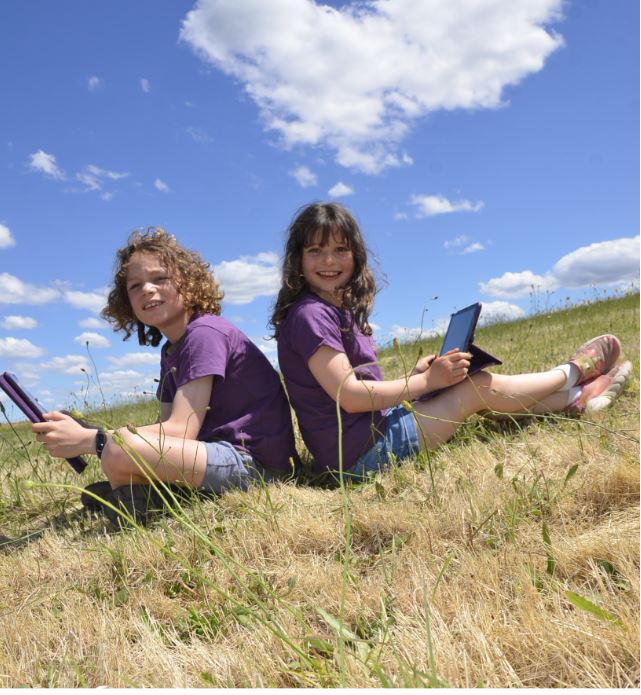November 23rd, 2022How logging and mining are killing the Wombat State Forest
Words: David Stephens
Our forests are fundamental to water and food security, as well as the habitat and protection of our eco-system. Logging and mining mean pollution and greater risk of flood and fire.
Anyone wanting to see for themselves only has to go to Wombat Creek, south of Daylesford where operations continue to pollute Wombat Dam, which is the town’s water supply.
Other examples can be seen at Osborne Road, Bullarto, or Babbington Road, Lyonville.
Industrial mining and timber extraction are set to continue in the Wombat Forest for at least two more years. Communities around the forest are upset and deeply worried about continued destruction of the environment approved by both major political parties.
After the failure of the state government to intervene, the Barry’s Reef community got together to take non-violent direct action to successfully stop exploration drilling, some of which was to be directly beneath their homes.
The failure of responsibility by the Department of Environment, Land, Water and Planning (DELWP), the government regulator, Earth Resources, water authorities and the elected representative, Mary-Anne Thomas, means no protection for fragile and important areas of the Wombat Forest from heavy industrial mining and logging.
Sadly, the state government is breaking its promise to protect this forest and failed to enact recommendations of a report in June 2019 made by the Victorian Environment Assessment Council (VEAC). This delay increases the devastating environmental vandalism by Vic Forests and new mines in the best and last remaining forest.
VEAC recommended balanced social, economic and ecological approaches. This followed three years of consultation with the broader community, including traditional owners. What’s more, the VEAC report is the closest Victoria has come to a treaty covering future land use. And it is a vital first step in long overdue planning to reduce the impact of the climate crisis.
Clan elders from Wombat Forest traditional owners have long supported local community and environmental activists. For example, the Victorian Aboriginal Embassy in 2002 issued firewood collection licenses to take burnable off-cuts from logging operations instead the being fuel for post-logging industry burns.
Sacred sites were protected by the embassy, with the community, including during the threat to the Hepburn Pool by the Hepburn Shire Council and DEWLP’s predecessor.
As an example of how serious this became, back in 2002 a senior Victorian Aboriginal Elder, accompanied by three generations of her family, approached some timber workers and government logging officials to tell them that they were welcome on country as community members but should take their logging machines out of the forest. The response she got was: ”You want to fight? We will bring out the guns and fight.” She replied, “What has changed in 200 years?” That night this exchange was broadcast on Ballarat WIN news.
A Government department spokesman said DEWLP’s predecessor “does not condone or condemn violence in any form.” There was no apology or retraction of the threat. Next day, the woman’s son was the first to be removed from the forest. This led to non-indigenous local people disrupting logging daily for 10 months. After this, the forest was not logged until this year.
Labor, with the LNP recently legislated to jail those who interrupting logging from May 2023. I, too, wonder, what has changed?
By contrast, the Daylesford ALP branch voted unanimously for the forest to be managed to ensure its ecological protection and health.
What all this means is a failure of democracy in Victoria, shown by a lack of policy and operations of departments that reflect the interests of the community. Political parties and government departments are dominated by global forces through lobbyists representing, among others, the Minerals Council, Forestry Council, Victorian Forestry Industry Association, Chamber of Commerce and the CFMEU Forestry Division.
Anyone interested in seeing what is happening may do an Internet search (links below), using the term “Resource Licenses Near Me” to see an interactive map showing many mining corporation licences issued for private land, and around town water supplies and in the surrounding forest.
While there is no protection for these parts of the Wombat Forest, by contrast no mineral licences have been issued for the nearby Lerderderg State Park, which is protected by its conservation status.
To see active plans for logging search “Approved T.U.P. Forest Recovery March 2022.” Lifting the Forest Management Zone layer discloses a detailed view. Also available is an interactive map showing more than 1000 hectares of heavy impact industrial log extraction. There are no log extraction sites in Lerderderg State Park.
What is now demanded by Wombat Forest residents, local groups and surrounding communities is for politicians to immediately enact a moratorium on all licensing, permits and works for industrial mining and timber extraction from the Wombat Forest until the promised protections become law.
(David Stephens is a long-term resident of the Wombat Forest and an advocate of social justice, the environment and First Nations People. This is an edited version of talk he gave recently to the Blackwood Community.)










